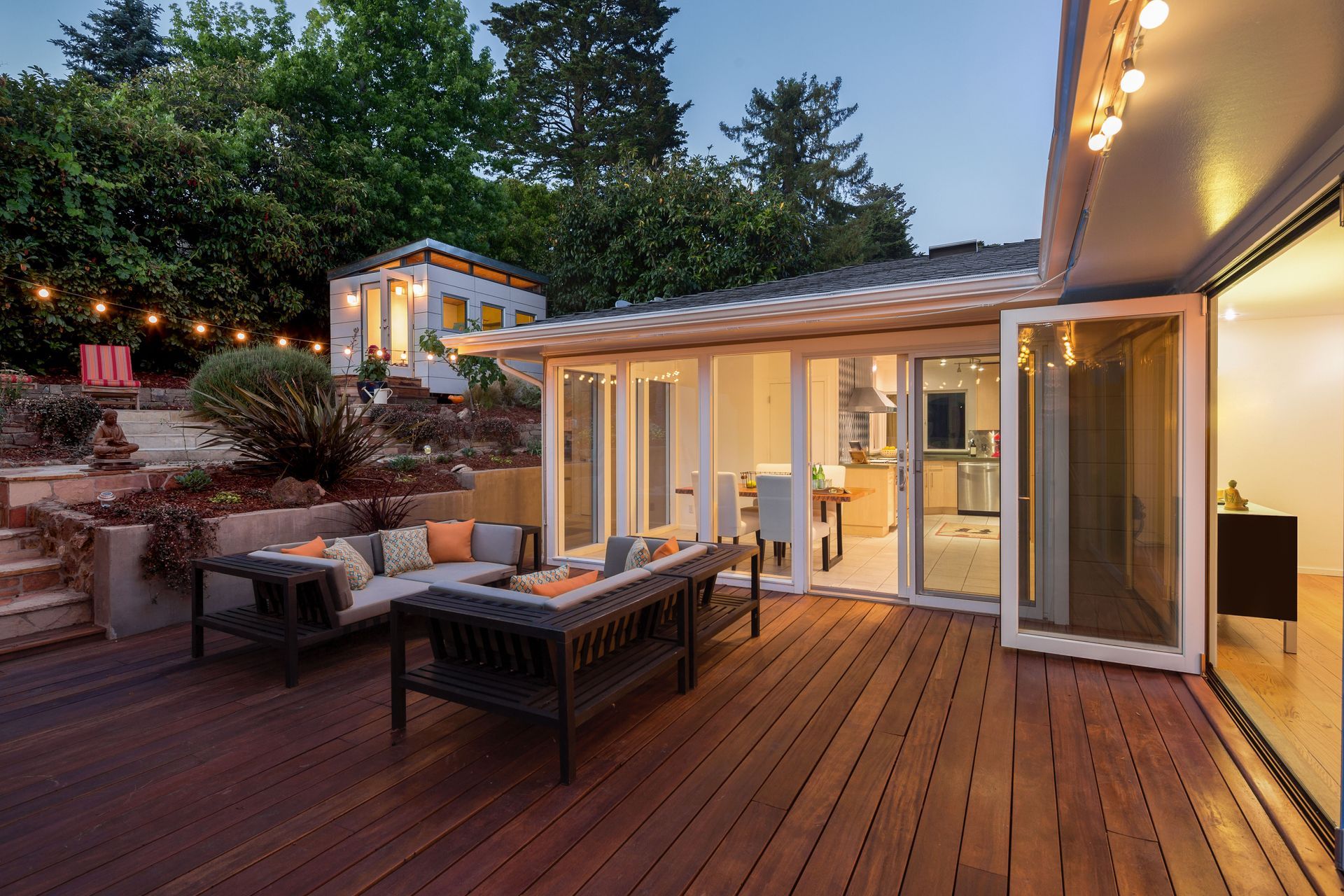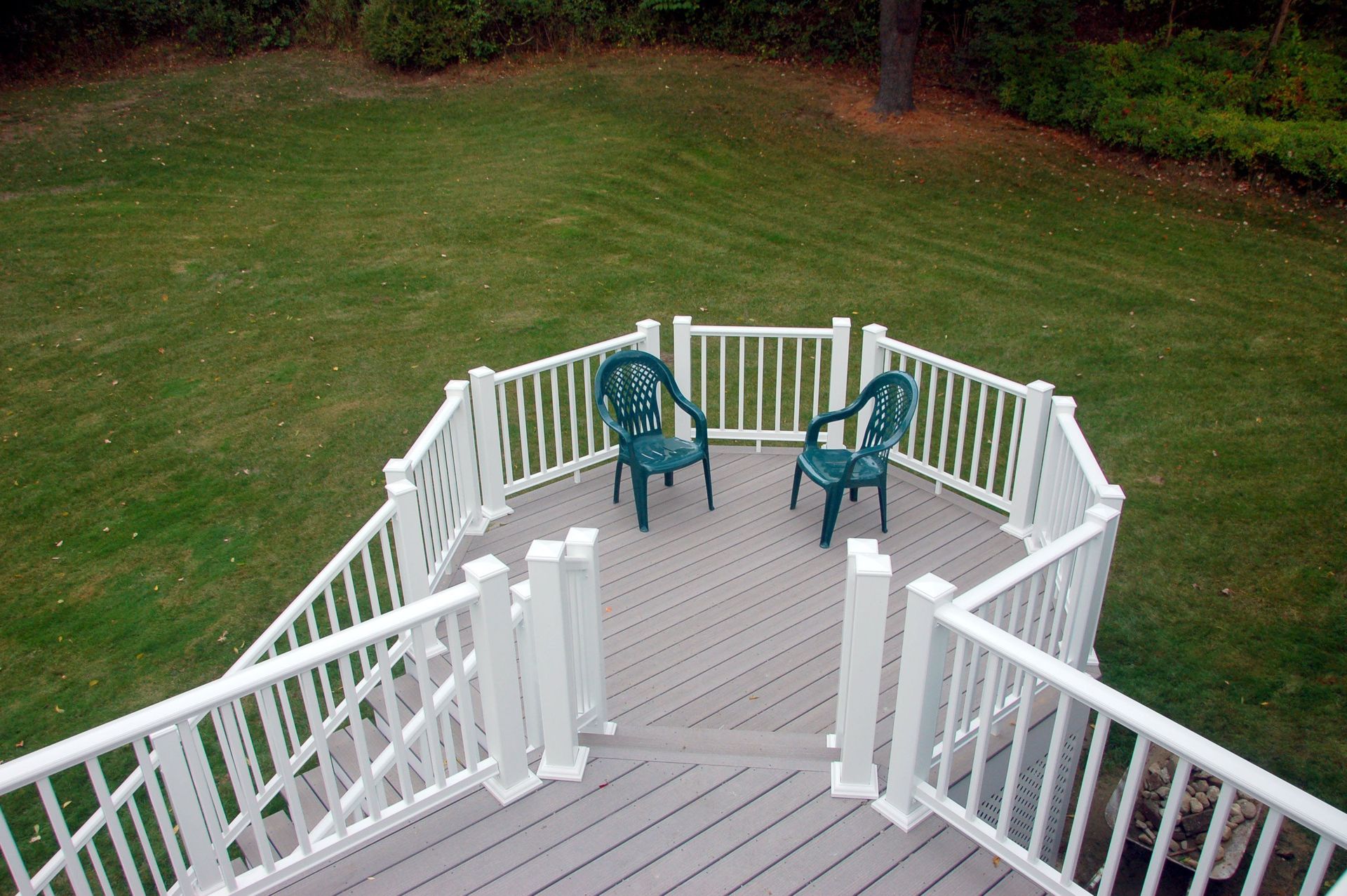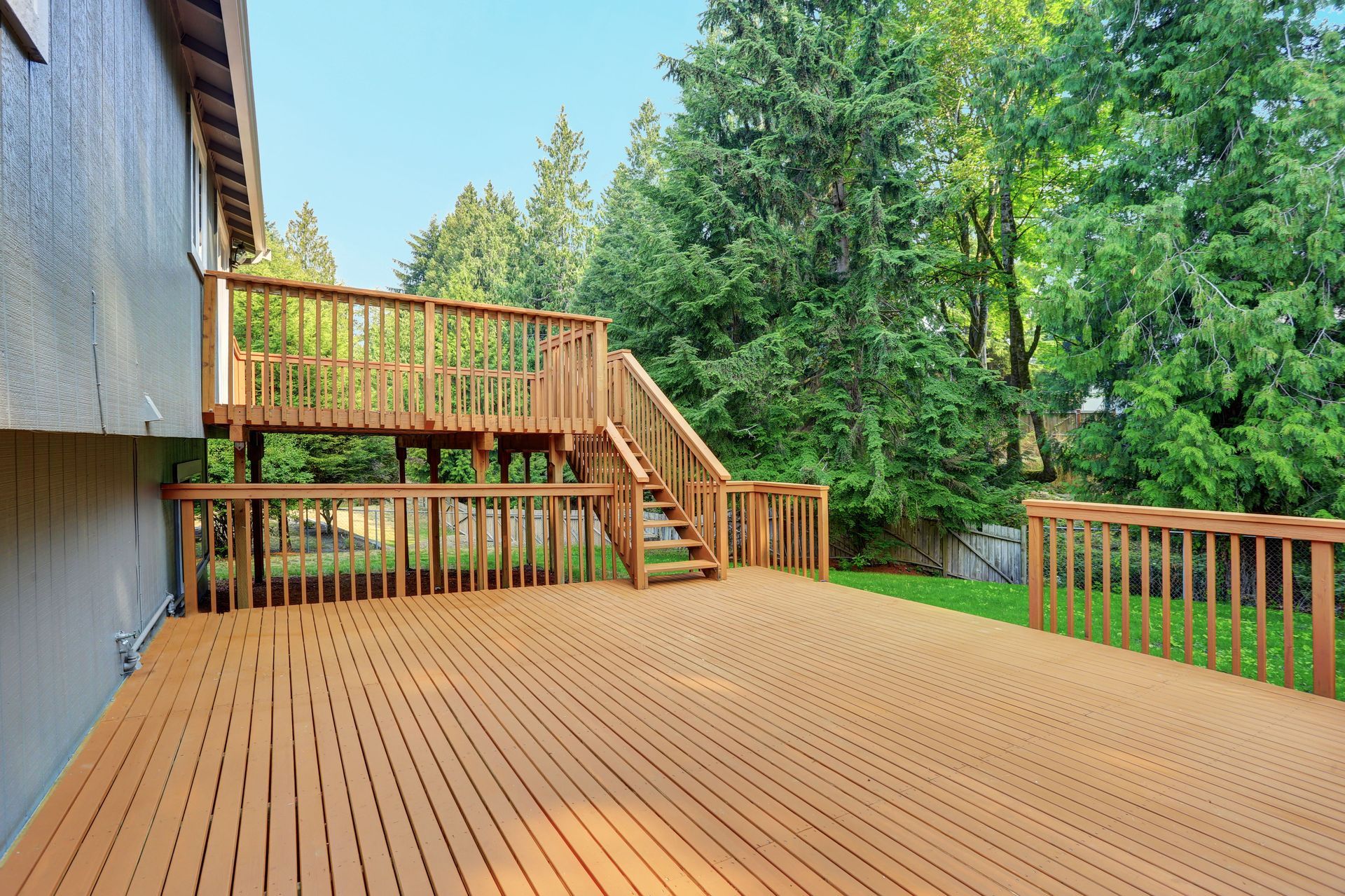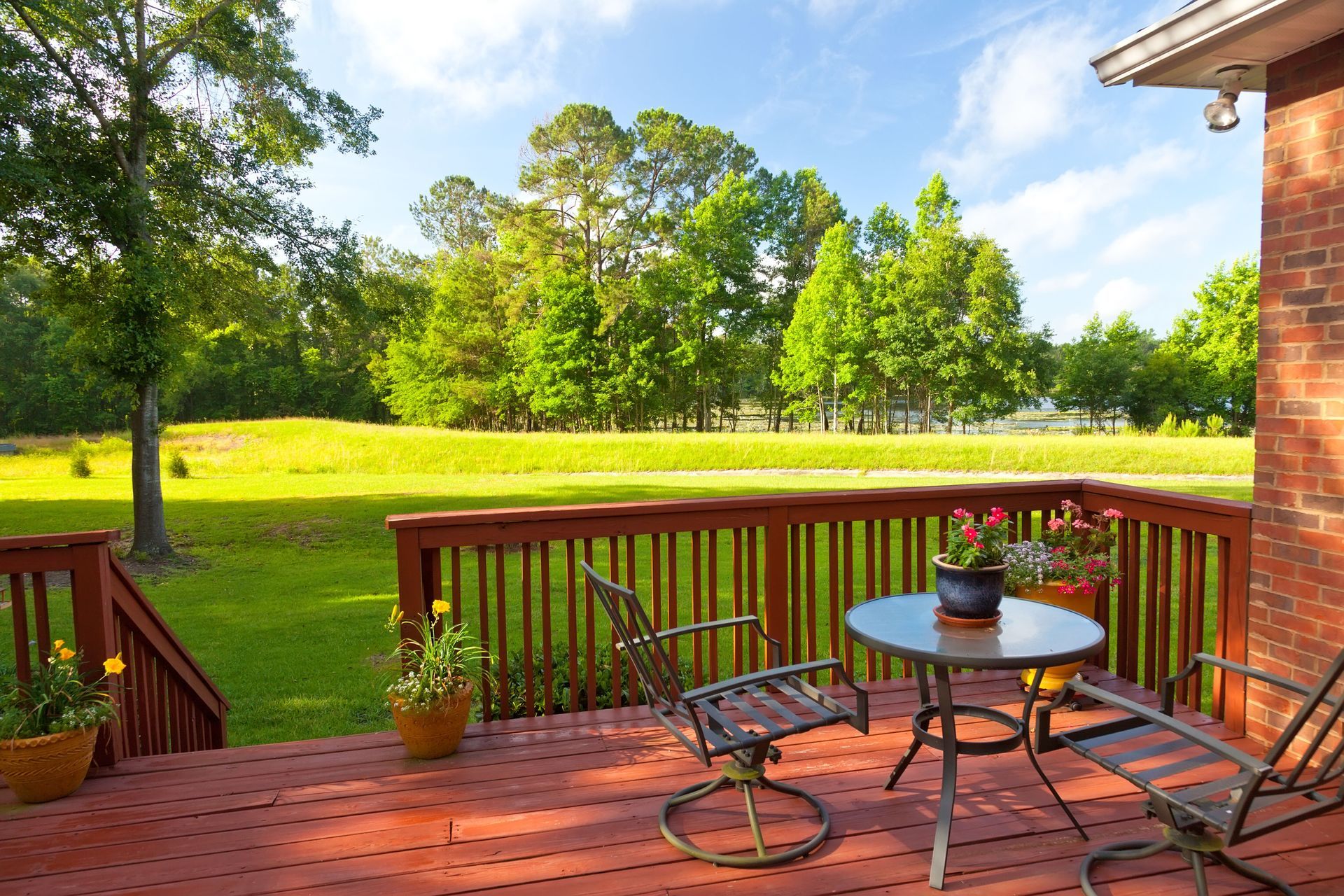Wood vs. Composite: Which Decking Material is Right for You?
Building a deck is an exciting project that adds value and enjoyment to your home. It's a space for relaxing, entertaining, and enjoying the great outdoors. However, one of the first and most critical decisions you'll need to make is selecting the right decking material. The choice usually boils down to two primary materials: wood and composite. Each option has its unique benefits and drawbacks, and understanding them can help you make an informed decision that best suits your lifestyle, budget, and maintenance preferences. Working with local deck builders can also help you explore both options in detail and choose the one that complements your property’s layout and needs.
The Classic Appeal of Wood Decking
Wood decking has been a popular choice for decades, primarily because of its natural beauty and traditional appeal. It offers a warm, authentic look that is hard to replicate with other materials. Common options include cedar, redwood, and pressure-treated lumber, each with its characteristics and price points. Wood is generally more affordable upfront compared to composite, but it requires regular maintenance, such as sealing, staining, and cleaning, to preserve its appearance and longevity. Consulting with local deck builders can help you choose the best wood type for your region’s climate and your desired level of maintenance.
The Growing Popularity of Composite Decking
On the flip side, composite decking is gaining popularity due to its durability and low-maintenance nature. Made from a mixture of wood fibers and recycled plastics, composite decks withstand wear and tear from weather and everyday use much better than traditional wood. According to This Old House, with proper care, composite decking can last 25 years or more, making it a long-term investment. This longevity makes the higher initial cost of composite a worthwhile consideration for homeowners looking to minimize regular upkeep. Many local deck builders now recommend composite materials for homeowners who want modern designs and less yearly maintenance.
Considering Environmental Impact
Another critical factor to consider is the environmental impact of your decking material. Wood is a natural resource and, when sourced responsibly, is an eco-friendly option. However, the need for chemical treatments and frequent replacements can offset these benefits. Composite decking is often made from recycled materials, offering a more sustainable option over time. Choosing a reputable manufacturer that prioritizes sustainability can further enhance the eco-friendliness of composite decking. Experienced local deck builders can guide you in selecting eco-conscious products that align with your values and long-term goals.
Comfort and Safety Factors
Comfort and safety are other aspects that could influence your decision. Wood decks can become splintered and warped with age, potentially leading to injuries. They also absorb heat more than composite materials, which can make them uncomfortable to walk barefoot on during hot days. Composite decking, while it can also get warm, offers a splinter-free surface and often includes textures that improve slip resistance, adding a layer of safety against slips and falls.
Comparing Costs and Long-Term Value
Your budget will also play a significant role in determining which material is right for you. While wood typically has a lower upfront cost, the recurring expenses of maintenance and repairs can add up over time. Composite decking, while more expensive initially, may prove to be more economical in the long run due to its durability and low maintenance requirements. It's crucial to factor in both the immediate costs and the potential long-term savings when making your decision. Talking to local deck builders can help you get accurate quotes and cost comparisons for both materials.
Design and Aesthetic Considerations
When choosing between wood and composite decking, design flexibility plays an important role. Wood allows for a wide range of finishes, stains, and natural variations in color and grain, giving each deck a unique, handcrafted appearance. Composite decking, on the other hand, comes in a variety of pre-finished colors and textures designed to mimic natural wood without the need for painting or staining. Many modern composite options even include realistic wood-grain patterns and color variations. Whether you prefer a rustic charm or a sleek, modern design, both materials can complement your home's architecture—though composite may offer more consistency and easier coordination with other outdoor features like railings and furniture.
Choosing between wood and composite decking depends on personal preferences, lifestyle, and budget. If you cherish the authenticity and traditional appeal of wood and don't mind the upkeep, wood decking might be the right choice for you. However, if you prefer a low-maintenance option that offers durability and long-term savings, composite decking is worth considering. Partnering with knowledgeable local deck builders ensures your new outdoor space is designed and installed with precision, giving you a beautiful and functional deck that stands the test of time. Call Town and Country Renovations today to learn more.






Share On: